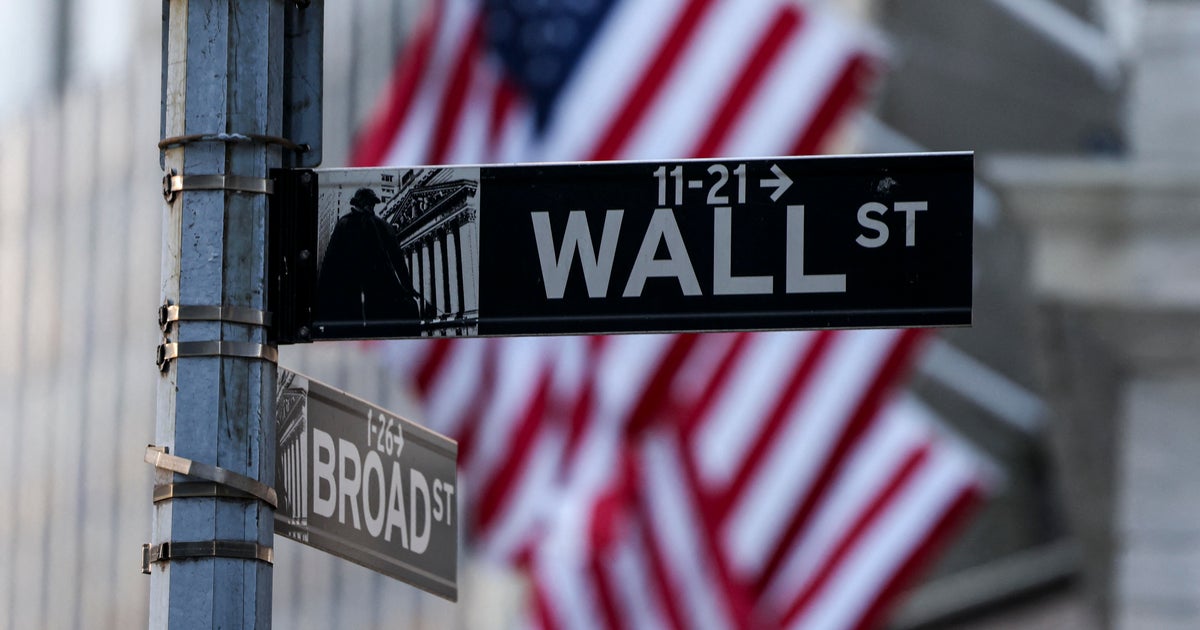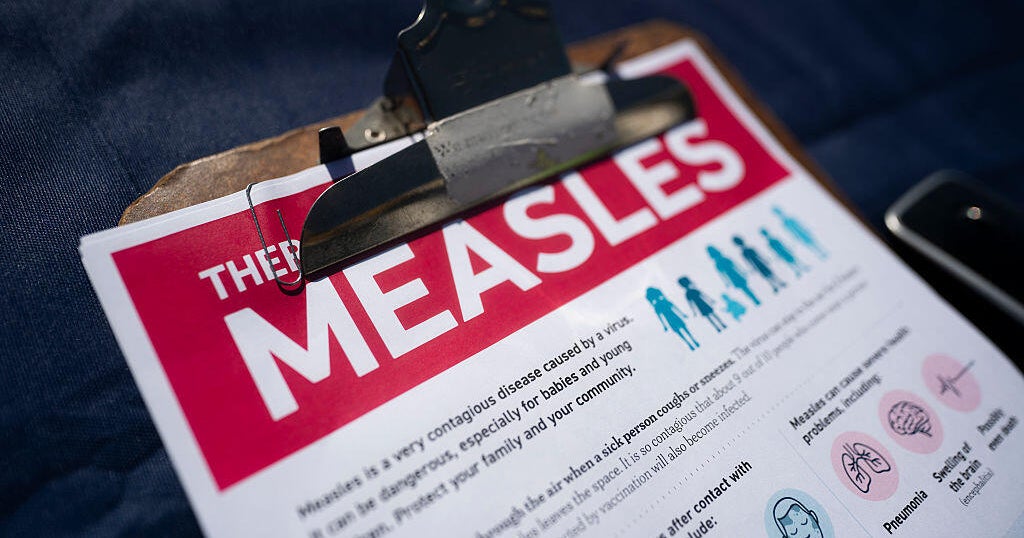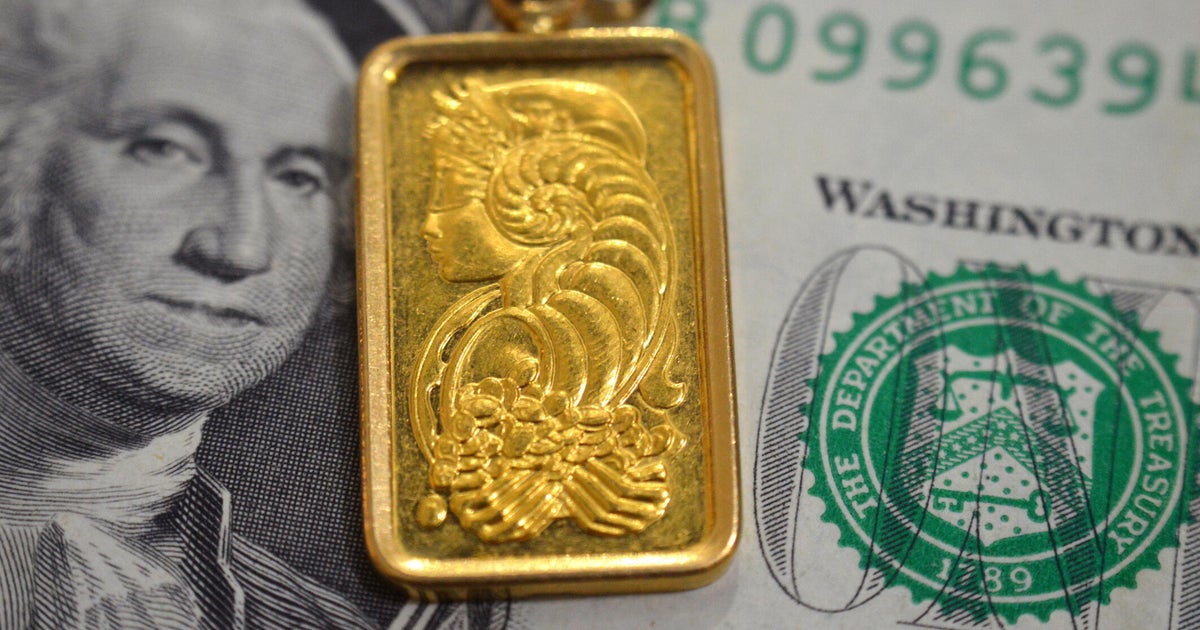Coronavirus in China: How the outbreak could impact investors
- China's economic growth could fall below 6% due to cutbacks in travel and spending, economists predict.
- Luxury goods makers and travel companies could take a hit from a decline in Chinese tourism and spending.
- The impact could be similar to the SARS virus in 2002-2003, which pared China's economic growth temporarily.
As health authorities across the globe are working to contain the rapid spread of the coronavirus, which has left at least 17 dead in China at last count, economists are grappling with the disease's impact on the global economy. Already, fears about the growing contagion has rattled stock markets and hit some travel stocks.
Stocks fell on Wall Street in midday trading Thursday as worries mounted that the deadly outbreak could continue spreading and hurt the global economy. The central Chinese city of Wuhan, where the virus is concentrated, closed its train station and airport Thursday to prevent people from entering or leaving the city. The coronavirus has also been detected in four other countries, including the U.S.
At the very least, it's likely the outbreak will impact China's economic growth, which had already been slowing amid demographic challenges such an aging population and the trade war with the U.S. But the coronavirus is likely to shave at least one-tenth of a percentage point from its first-quarter GDP growth rate, dropping below 6% instead of an expected rate of 6.1%, according to analysts at Société Générale.\
"Currently, travel plans and spending during the Spring holiday look set to be severely curtailed, especially in Wuhan now that government has adopted more drastic measures with a complete travel ban on residents," the analysts wrote in a Thursday research note.
Some industries, such as companies that make face masks, are witnessing a boost in demand. Workers at the Shanghai factory where America's 3M Co. makes its surgical masks in China are putting in overtime to meet skyrocketing demand for the protective product as the coronavirus spreads throughout Asia.
Below are three ways investors could feel the impact of the coronavirus outbreak.
A slowdown in the global economy
China, the world's second largest economy after the U.S., could take a hit to its already-slowing growth rate. Even though it's difficult at this point to estimate the scope of that impact, economists are pointing to the 2002-2003 SARS epidemic as providing a rough road map of what to expect.
In that case, SARS had a "notable but short-lived impact on the national economy," resulting in a 1 to 2 percentage point decline in China's GDP growth, the Société Générale analysts wrote. But the economy recovered its footing after the disease had been contained, they noted. The SARS epidemic lasted for nine months, from late 2002 into the summer of 2003, and had a death rate of almost 7%.
To be sure, much has changed in the ensuing 18 years, including a Chinese population that's richer and more likely to travel and spend, thanks to deeper pockets and rail and road systems that are more developed than in 2002.
The World Health Organization on Thursday said the coronavirus appears to have a fatality rate of about 4%, but cautioned that there is still much unknown about the disease. It said it decided against declaring the outbreak a global emergency.
Stock market volatility
The markets this week have reacted to news of the spreading outbreak, especially in Asian markets. The outbreak coincides with the annual travel of hundreds of millions of Chinese for the Lunar New Year festival, which begins Friday.
In Hong Kong, the Hang Seng dropped 1.5%, while the Shanghai Composite index declined 2.8%.
Hits to the travel and luxury industries
Some industries may feel the impact of the outbreak more than others, such as travel businesses and luxury-goods makers. Airlines and other travel companies could see a falloff of bookings if consumer fears grow about the impact of the disease.
And European luxury stocks such as the British clothier Burberry declined this week on worries that wealthy Chinese shoppers would cut back spending if they cancel their European vacations or decide to hold off on spending until the outbreak is contained. Burberry has declined by about 10% since Friday, while the French luxury brands conglomerate LVMH has lost about 5% of its value since then.
"The government is being more proactive in trying to limit its spread than was the case with SARS," Capital Economics said in a Thursday research note of the Wuhan coronavirus. "These measures, as well as people wanting to avoid crowds, will significantly disrupt travel and spending during the Lunar New Year holiday and possibly well beyond."
--With additional reporting from the Associated Press.



